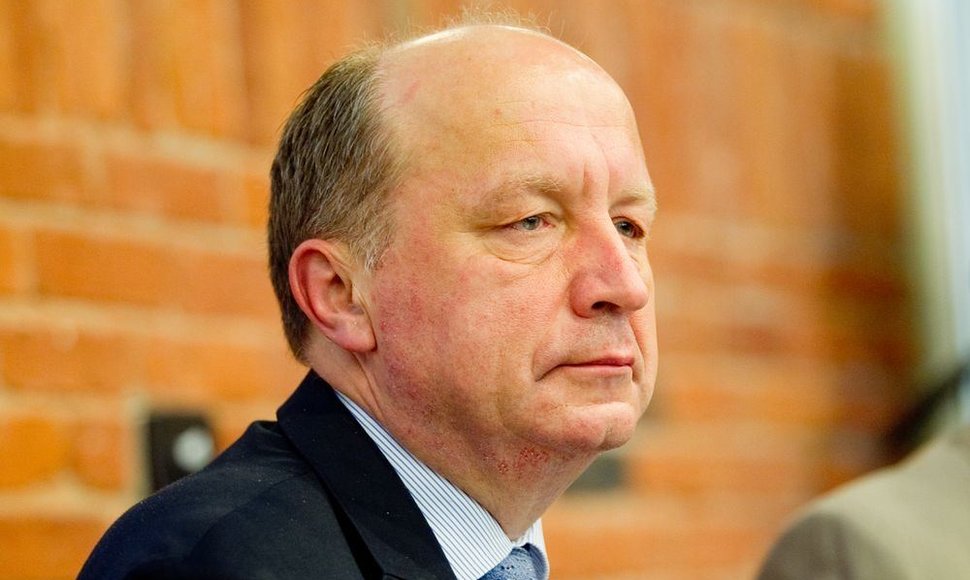However, it is still unknown whether Poland agrees to take part in the construction of a new nuclear facility although Vilnius had high hopes that Warsaw would announce a positive decision on this issue during the current visit of Energy Minister Arvydas Sekmokas to Poland.
“The minister is not yet back from his trip and the meetings continue. As far as I know they are very positive. We find cooperation with Poland in key energy projects very important and it concerns not just Visaginas Nuclear Power Plant where we have said repeatedly that Polish companies are still welcome to join. It was also reiterated by all three prime ministers of the Baltic countries,”Kubilius said in an interview to the Lithuanian Radio on Tuesday.
Lithuania appreciated cooperation with Poland in all energy fields, he said.
“The construction of electricity interconnections and new connections, including the second [electricity] link with Poland is equally very important. We also find it important to see the chances for interconnecting the gas systems. Hence there is room for cooperation in the energy sector – both with the European Commission and with Poland, which is very important. I think that the chances of cooperation are right enough,” Kubilius said.
Sekmokas met with Poland’s Deputy Prime Minister and Economy Minister Waldemar Pawlak and Treasury Minister Mikolaj Budzanowski in Warsaw on Monday. He was accompanied by the representatives of Japan’s Hitachi, a strategic investor in VNPP.
According to unofficial sources, Vilnius hopes that Poland will eventually agree to join the nuclear power plant project, which was given the go-ahead by Lithuania‘s parliament in June. In this case, it would be the fourth regional project partner after Lithuania, Latvia and Estonia.
A company, which will implement the nuclear facility project and which should be owned by Lithuania, its regional partners and Hitachi, has not yet been established as Poland, as well as Latvia and Estonia are yet to decide whether to participate in the project.
Sekmokas said in late May that Poland was waiting for Lithuania to adopt certain political decisions before it could rejoin the new nuclear power plant project, which it had pulled out of in 2011.
According to him, coal-dependent Poland is interested in the project, in particular in the view of environmental requirements, which will become more stringent in 2016 and shortage of electricity in the north-eastern part of the country. In Sekmokas‘ view, Poland’s decision to rejoin the project would “widen its regional outreach.”
If Poland reversed its decision to suspend participation in the VNPP project, the second Hitachi’s nuclear reactor might be built in Lithuania bringing the total capacity of the facility to 2,700 MW.
Lithuania now intends to build one 1,350 MW reactor.
In line with existing plans, Hitachi, the strategic investor, would own 20 percent of shares in the Visaginas plant and Lithuania would hold 38 percent. Latvia and Estonia would take stakes of 20 percent and 22 percent, respectively. The ownership stakes could change if Poland joined the project.
Poland invited to rejoin nuclear project
Lithuanian Energy Minister Arvydas Sekmokas invited Poland's representatives to get updated on the current status of the nuclear power plant project.
"As the Polish side has not taken part in the work on the project for several months, we invited their representatives to get updated on the situation, all the documents, so that they could form their own opinion," the Polish news agency PAP quoted him as saying.
Sekmokas said that it was up to Poland to decide what form its participation in the project could take.
"It could be an ownership stake or a long-term agreement. We are flexible on that," he said.
In the minister's words, Lithuania does not rule out expanding the project and building a second reactor, which would help reduce the price of electricity produced at the plant by as much as 20-25 percent.












